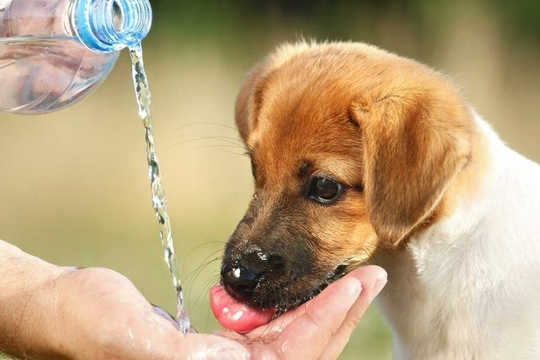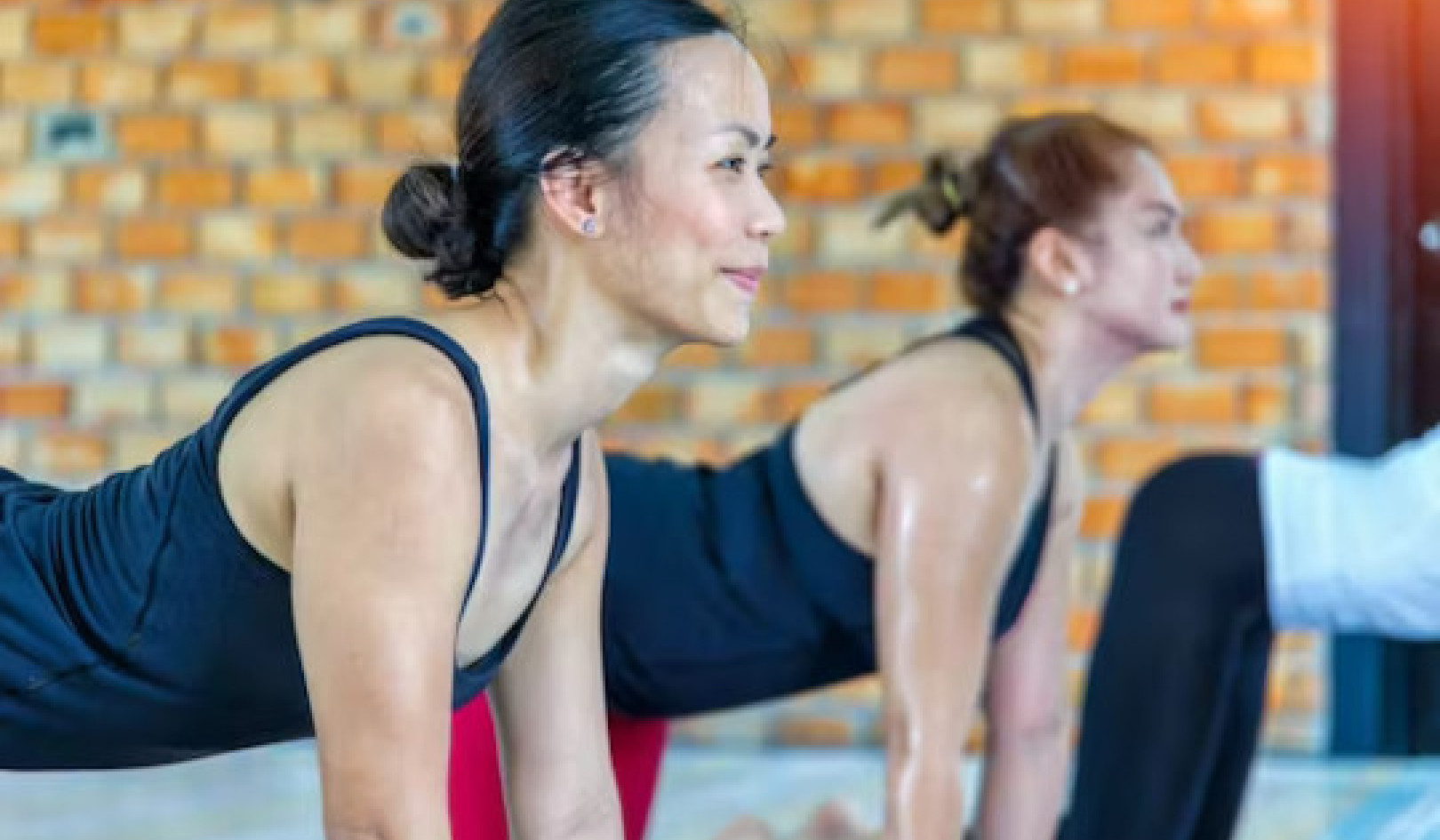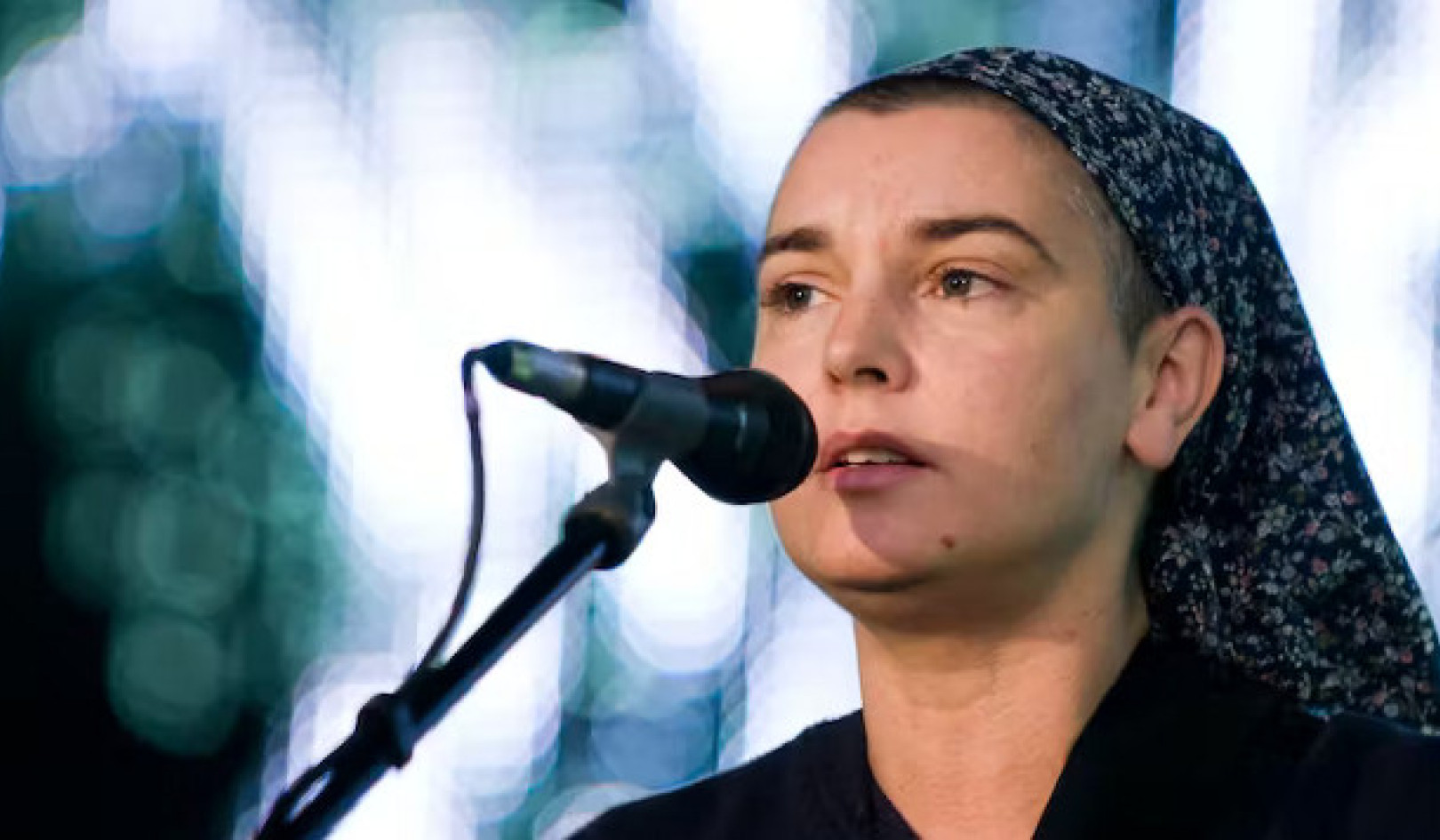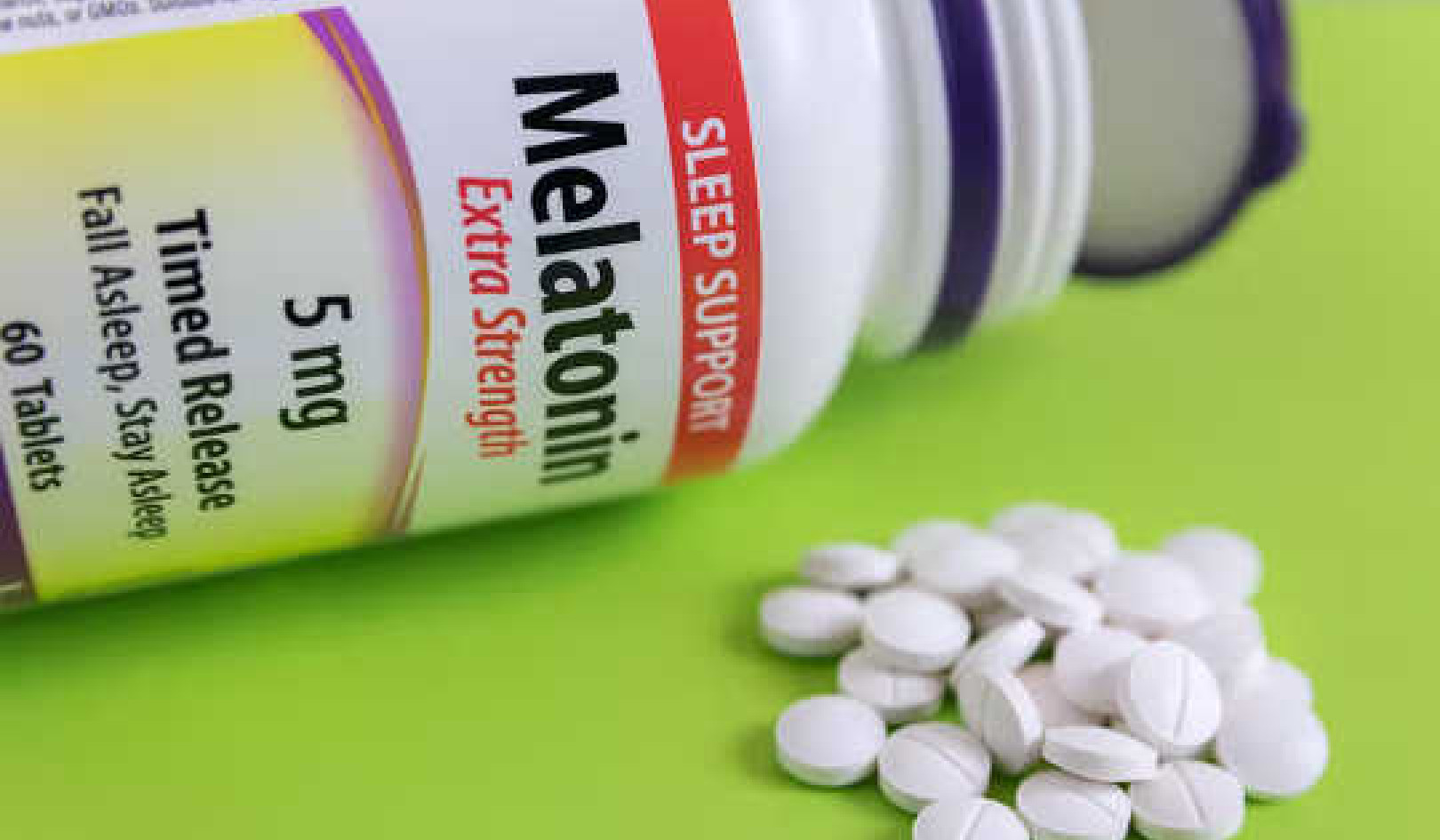
With the extreme heat it is vital that everyone take appropriate steps to manage the heat, including drinking plenty of fluids. DON’T wait until you are thirsty, thirst is a poor indicator of dehydration under these conditions. The impact of this heat was brought home by one of my postgraduate students being diagnosed with dehydration yesterday.
However, some emergency services notices have been saying to avoid caffeinated beverages (see for example page 13 here). This is possibly due to the mistaken belief that caffeine can cause dehydration.
We’ve known since 1928 that caffeine is a mild diuretic (i.e. it makes you wee more), I personally encountered caffeine’s diuretic effects back when I was running marathons. After a month of abstinence, I had two espressos just before starting a race. The time I spent at urinals negated any performance enhancing effect the caffeine might have had.
We use stronger diuretics such as Chlorothiazide to reduce body water and thus reduce oedema or lower blood pressure by lowering bloood volume. But even these strong diuretics will not cause dehydration at normal doses. It was assumed that caffeine, by being a diuretic would cause dehydration by causing you to wee more fluid out than you were taking in by drinking.
But caffeine is only a mild diuretic, our usual exposure to it is through drinking beverages such as tea and coffee which provide added fluid, and there was no good evidence that coffee consumption did dehydrate people.
Despite a series of studies that show caffeine consumption is unlikely to be dehydrating (my favourite is Kinderkrankenschwester. 2008 Jul;27(7):299.[Coffee does not dehydrate. New studies of Germany’s favorite addiction: coffee], the myth of caffeine/coffee and dehydration persists.
A recent study I was interviewed about by the UK version of the Conversation showed conclusively that in ordinary people with moderate coffee consumption caffeine did not cause dehydration.
But that was normal consumption, under normal conditions. What about these conditions of extreme heat?
Some of the better studies of the effect of caffeine on dehydration have been done on athletes, who use caffeine to improve sports performance. Despite athletes using higher levels of caffeine than would be consumed by normal conditions (about 3-4 times higher), studies on athletes doing high intensity exercise under hot conditions show no dehydration on caffeine compared to controls (see here and here).
This review sums it up thusly “This review, contrary to popular beliefs, proposes that caffeine consumption does not result in the following: (a) water-electrolyte imbalances or hyperthermia and (b) reduced exercise-heat tolerance” Exerc Sport Sci Rev. 2007 Jul;35(3):135-40. Caffeine, fluid-electrolyte balance, temperature regulation, and exercise-heat tolerance.
High levels of caffeine consumption did not increase dehydration during simulated firefighting (see here and here), although consumption of 400 mg of caffeine (about 5 times what’s in a cup of espresso coffee) increased heat-related fatigue.
 So when you drink lots of fluids to cope with the heat today, there is no need to avoid caffeine containing drinks. Be sensible though, a double espresso is no substitute for the amount of fluid you need, and tap water is free and readily accessible in most places. But on the other hand the occasional cup of tea or coffee won’t make you dehydrated.
So when you drink lots of fluids to cope with the heat today, there is no need to avoid caffeine containing drinks. Be sensible though, a double espresso is no substitute for the amount of fluid you need, and tap water is free and readily accessible in most places. But on the other hand the occasional cup of tea or coffee won’t make you dehydrated.
Remember, don’t wait until you are thirsty to drink, as you can become dehydrated before feeling thirsty under these conditions.
In the meantime, spare a thought for the firefighters and emergency service personnel who will be out in the extreme conditions today.![]()
About The Author
Ian Musgrave, Senior lecturer in Pharmacology, University of Adelaide
This article is republished from The Conversation under a Creative Commons license. Read the original article.
Related Books
at InnerSelf Market and Amazon



























